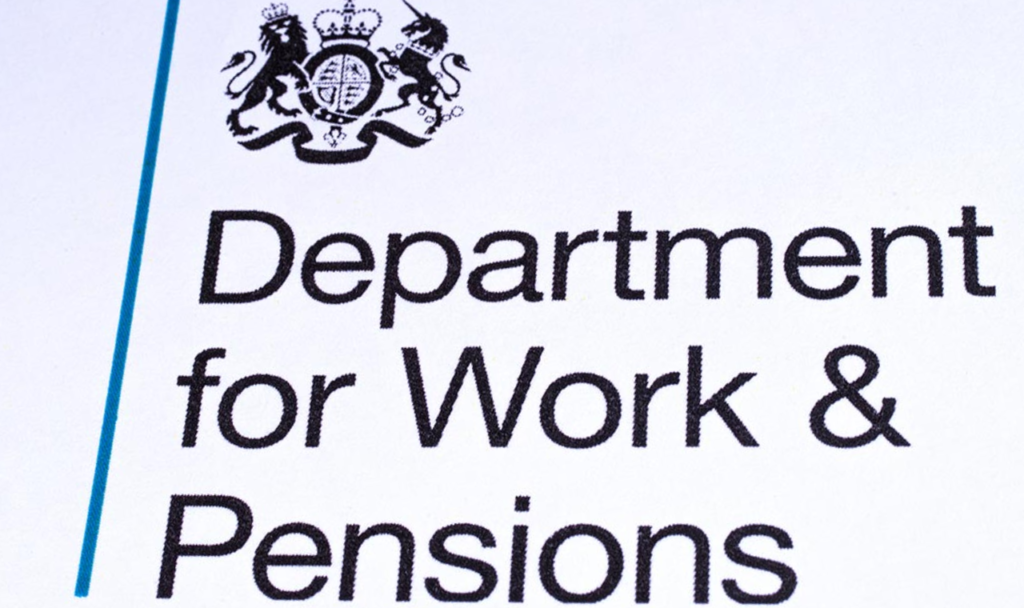Thousands of pensioners across the UK may be missing out on an important Department for Work and Pensions (DWP) benefit worth up to £5,644 per year. The Attendance Allowance is a tax-free benefit designed to support older individuals with disabilities or long-term health conditions, helping them cover essential care costs.
This financial aid is not means-tested, meaning income and savings do not affect eligibility. However, many eligible people either do not know about the benefit or believe they would not qualify. This guide will explain who can apply, how to apply, and why this support can be a crucial lifeline for those who need it most.
What Is Attendance Allowance?
Attendance Allowance is a benefit provided by the UK government to help people aged 66 or over who need assistance due to a physical or mental disability. The allowance is aimed at individuals who require help with personal care, mobility, or supervision for their safety.
The payment is not required to be spent on care services recipients can use the money however they see fit, including hiring a carer, modifying their home for accessibility, or even covering household bills.
How Much Can You Receive?
The Attendance Allowance is paid at two different rates:
- Lower Rate: £72.65 per week (£3,778 per year) – for those who need frequent help during the day or night but not both.
- Higher Rate: £108.55 per week (£5,645 per year) – for those who need help both during the day and at night, or those who are terminally ill.
These payments are not affected by other income, and they do not reduce other benefits in fact, receiving Attendance Allowance may increase entitlement to other benefits such as Pension Credit, Housing Benefit, or Council Tax Reduction.

Who Is Eligible?
To qualify for Attendance Allowance, applicants must meet the following criteria:
- Be over the State Pension age (currently 66 in the UK).
- Have a long-term physical or mental disability that significantly impacts daily life.
- Need help with personal care, mobility, or supervision for at least six months, unless diagnosed with a terminal illness.
- Be a resident of the UK, Ireland, Isle of Man, or the Channel Islands.
- Not be receiving Disability Living Allowance (DLA), Personal Independence Payment (PIP), or Adult Disability Payment (ADP) in Scotland.
Common conditions that may qualify for Attendance Allowance include arthritis, dementia, Parkinson’s disease, heart disease, mobility issues, breathing problems, and severe mental health conditions.
How to Apply
Applying for Attendance Allowance can be done in two ways:
1. Paper Application
The official claim form can be downloaded from GOV.UK or requested by calling the Attendance Allowance helpline at 0800 731 0122.
Applicants must complete the form with detailed information about their condition, care needs, and daily struggles. It is advisable to include examples of how the disability affects daily life, even if no formal carer is involved.
Once completed, the form should be sent to the DWP via Freepost DWP Attendance Allowance.
2. Online Application (Limited Availability)
The DWP has introduced a new online application system, but access is currently limited to a set number of applicants per week. If the online service is unavailable, a paper application remains the primary method.
Applicants can check the availability of the online application at www.gov.uk/attendance-allowance.
How Long Does It Take?
Processing an Attendance Allowance claim typically takes six to eight weeks. If approved, payments are backdated to the date of application.
If a claim is rejected, applicants can request a mandatory reconsideration or appeal the decision.
How Attendance Allowance Can Boost Other Benefits
Receiving Attendance Allowance can increase eligibility for other benefits, even if the applicant was not previously eligible. For example:
- Pension Credit – This can provide additional income support to low-income pensioners.
- Housing Benefit – May help cover rent costs for those on a low income.
- Council Tax Reduction – May lower council tax bills depending on local authority policies.
Claiming Attendance Allowance does not reduce other benefits, making it a valuable source of additional financial support.
Why Many People Miss Out
Despite its importance, thousands of pensioners do not claim Attendance Allowance, often due to misconceptions. Some believe they will not qualify, while others assume the application process is too complex.
Here are some common myths debunked:
- You do not need a full-time carer to qualify. Many people receive Attendance Allowance even if they manage independently but struggle with daily tasks.
- You do not have to be physically disabled. Mental health conditions such as dementia, anxiety, or depression can also make someone eligible.
- The application form is long but manageable. Charities such as Age UK provide assistance with completing the form.
Applying for Attendance Allowance – What You Need to Know
- You can apply at any time as long as you meet the eligibility criteria.
- The money is paid directly into your bank account every four weeks.
- There is no requirement to spend the money on care services – it can be used for anything that makes life easier.
- You will not be taxed on this benefit as it is entirely tax-free.
Conclusion
Attendance Allowance is a lifeline for many pensioners, offering financial support for those with disabilities and long-term health conditions. Despite its value, many people do not claim it simply because they are unaware they qualify.
If you or a loved one could benefit from up to £5,644 per year, do not hesitate to apply. The process is straightforward, and help is available from organizations like Age UK and Citizens Advice.

Pankaj Kumar is a journalist at Chandigarh X, covering admit cards, recruitment, and government schemes. His articles provide readers with detailed insights into application processes, eligibility, and exam updates.
Outside of work, Pankaj enjoys traveling, fitness, and cricket, often participating in local matches on weekends.



